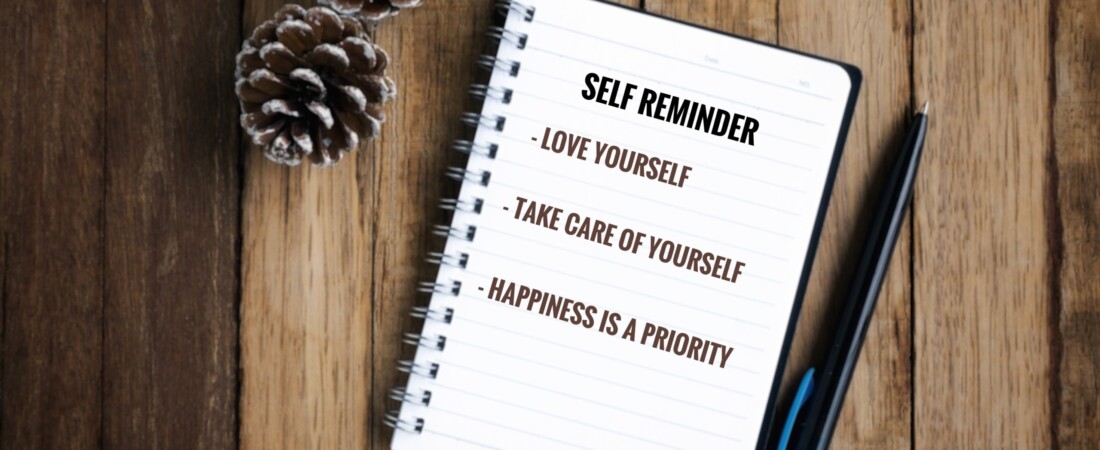You may have seen a lot of well-needed discussion around mental health lately, with awareness dates hosted by organisations such as Mental Health Foundation and Mind. So what better time to check in with yourself and embrace a few simple acts of self-love? Let’s continue that all-important conversation.
When you notice your mental health declining, it can be easy to get stuck in a rut. But carrying out some small, simple acts of self-love could be a step in the right direction. They may not seem like much, but each offers a relief which could be exactly what you need as a reminder that things will get better. At Peace With The Wild, we are big believers in the importance of self-care and being kind to yourself. So we hope that these simple tips can help to boost your mental wellbeing.
1 – Talk
There is so much strength in talking about your feelings. You may have heard the phrase “a problem shared is a problem halved”, and this couldn’t be more true. Though talking can be difficult at first, just being listened to can help you to feel supported and less alone. Plus, it may encourage others to open up too. With life returning to some normality, we’re able to make more of a conscious effort to take some time each day to be with loved ones, have lunch with colleagues, arrange days out with friends and visit family members. But if this seems daunting, which is understandable after over a year of a pandemic, why not use the power of technology such as video call to stay in touch?
2 – Exercise
Being active is not only brilliant for your physical health, but your mental health too. As well as the fitness benefits, exercise activates the mind and body, cultivates energy and releases endorphins which boost your mood. As well as this, you’ll likely find your self-esteem improves as a result. Apps such as Couch to 5k and YouTube channels like Yoga with Adriene are a great way of easing yourself into something new. These online tutorials help to remove external pressures and feelings of judgement, and can fit completely around your day. Equally, you can still track your progress, work towards goals and feel motivated to push yourself. We’d definitely recommend yoga, since you can practise completely for free, at home, in your pyjamas if you wish! Try lighting a candle or some incense to help you set the scene and fully relax.
3 – Be mindful
Taking the leap of faith to begin practising mindfulness can be scary, but free apps such as Headspace and Calm make it an accessible and easy transition. Mindfulness does not need to be allocated or timed. It can be completely spontaneous and is simply about focusing on the present moment. Often referred to as “the art of now”, some simple examples include enjoying the warmth of a relaxing bath before bed, or the weight of an eye pillow as you drift off to sleep. Aim to eat slower during meals, listen more closely during conversations and seek out colours, sights and sounds when outside. Notice the leaves rustle, the sun on your skin, and the sound of your breath. You will soon begin to appreciate the little things, feel more positively about life and how you approach challenges.
__________________________________________________________________________________
This is a gentle reminder that, although we truly believe in these tips to give you a boost, we are not doctors or therapists and we urge you to seek out medical help if you are struggling. Always remember, brighter days are ahead and there is support available.
Mind
For information and where to turn to next, call 0300 123 3393 or email [email protected]
Samaritans
For 24/7 free emotional support, call 116 123 or email [email protected]
www.samaritans.org
Shout
For 24/7 support in a crisis, text Shout to 85258
www.giveusashout.org
Rethink Mental Illness
For practical advice and information, call 0300 5000 927 (Monday to Friday, 10am-2pm)
www.rethink.org
NHS Mental Health Services
Find a local NHS urgent mental health line
Get advice from NHS 111 phone service





